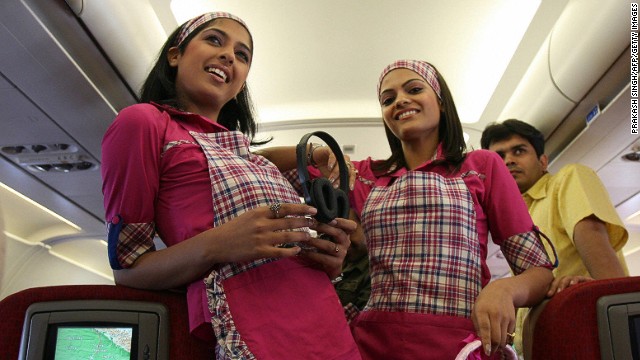
A vegan extremist website is taking ex-vegans to task for betraying the cause. Exvegans.com, a.k.a. “The Vegan Sell Out List,” shares names, descriptions and photographs of former vegans in an effort to publicly humiliate them for renouncing the meat and dairy-eschewing lifestyle.
“The spirits of the billions murdered have risen to deliver: The Vegan Sellout List – an online directory of those who have regressed from moral consistency to moral depravity,” the site proclaims. “Selling out veganism is a trend on the upswing, bringing with it swarms of haughty, nose-turning carnists uttering nonsensical buzzwords re: veganism being ‘privileged,’ or ‘trendy,’ critiquing themselves into ethical degeneracy and paleo-terrorism.”
An interactive map allows visitors to browse for ex-vegans by state. There are 16 entries for New York, most of them residing in Brooklyn or Manhattan.
Among the offenders, the site calls out Berlin Reed, 31, a former vegan who once belonged to an anarchist group. “Here we have yet another person hiding behind anarchism to justify their selfish behavior,” the entry reads. “No surprise he’s a part of the most shamed part of an already shamed subculture: The ‘anarchist people of color.’ Eye roll.”
Mr. Reed, author of the book “The Ethical Butcher,” was a vegan for three years and began eating meat after taking a job at a Brooklyn butcher shop that partnered with small local farms. He told the The New York Post that he was not particularly alarmed by the public shaming.
“It’s just hilarious that someone would spend that much time shaming other people for lifestyle choices,” he said.
Extremist Site Shames Ex-Vegan ‘Traitors’ for Carnivorous Cravings | Observer


